Eight years ago, my 13-year-old asked me if “she” could get a haircut. This was seemingly an innocent enough question except for when I received photos of the type of haircut they desired, it turned out that my child wanted a “boys’” haircut, not the “girls’” style I was expecting.
This is when the can of worms sprung open. My younger child explained to me in great depth that “she” was a “he”; that he was transgender and that they were ready for psychotherapy, cross-sex hormone therapy and, ultimately, top surgery: a mastectomy that removes breast tissue and masculinizes the chest.
When I suggested that they just change their clothes to look more like a boy, I was met with an emphatic declaration, “Mom, you don’t understand. I have boobs and a vagina. I don’t want boobs and a vagina.”
I definitely did not understand. Dumbfounded, having never heard the word transgender before, I quietly said, “Okay. We will figure this out.” As it turned out, those few words had a significant impact on my child. Parenthood was the most important job I had and I was determined to do whatever was necessary to support my child. He was suffering and I needed to take immediate action. Google became my best friend. In 2013, there were no resources for trans youth. Clinicians weren’t trained in this area of mental health; pediatricians didn’t feel comfortable prescribing hormones; support access was primarily limited to adults.
Identifying as trans means that one’s gender identity varies from their biological sex. For most of us, our gender is the same as our sex assigned at birth. This is called cisgender. Gender is on a spectrum and those identities include gender nonbinary, gender fluid and gender queer. Any gender identity that is not cisgender is transgender.
“But how did he know? How was he so sure?” I get that question a lot.
“How do you know?” That generally stops people in their tracks. If you are cisgender, you’ve probably never given it a second thought. I can guarantee that how you identify has nothing to do what’s between your legs. It is intrinsic. You just know. Most of us don’t question it.
We fumbled around in the dark for months. All I knew for certain, was that I had to help my child. He was angry, sad, lonely, depressed. He was different. He felt like he didn’t belong.
I am a fierce mama bear. I will fight to the end for my children. They are who they are and when I made the decision to be a parent, I committed to doing my best to give each child the love, support and tools they needed to go out into the world and thrive; to be happy, healthy, kind adults who can find their own passions in life. This revelation coming out by my younger child threw me off my game mostly because I just didn’t know how to help him. That was heartbreaking.
In 2015, I founded Stand with Trans, a nonprofit that supports and celebrates transgender youth and their families. Being the parent of a trans child can be lonely. Being a trans child can be dangerous: 54% of transgender and nonbinary youth have considered suicide; 29% have attempted suicide. When parents are supportive, that rate drops to 4%.
Stand with Trans is the only organization in the state of Michigan dedicated to helping trans youth not only to survive, but to thrive in today’s world.
Even under normal circumstances, trans or LGBTQ teens can feel that they are alone and that no one is like them. They are often “othered,” bullied, harassed and discriminated against. Isolation from the pandemic has only exacerbated mental-health issues for young people in general and trans kids in particular.
Being transgender is not a choice. Having the courage to come out is a choice. Acceptance and support are choices by loved ones, community members, advocates and allies.
If you know anyone who is struggling with their gender or with their child’s gender, please let them know that there are resources for them. Let them know that there are people who care. Let them know that they are not alone. Stand with Trans is here to help. I am personally available to help direct folks to resources and to find appropriate support.
Through our partnership with Nu?Detroit, Stand with Trans will discuss allyship, language, pronouns, public policy and much more. I will share more about my family’s journey and we will feature writing by the trans young adults whose resilience is a model for everyone in our community.
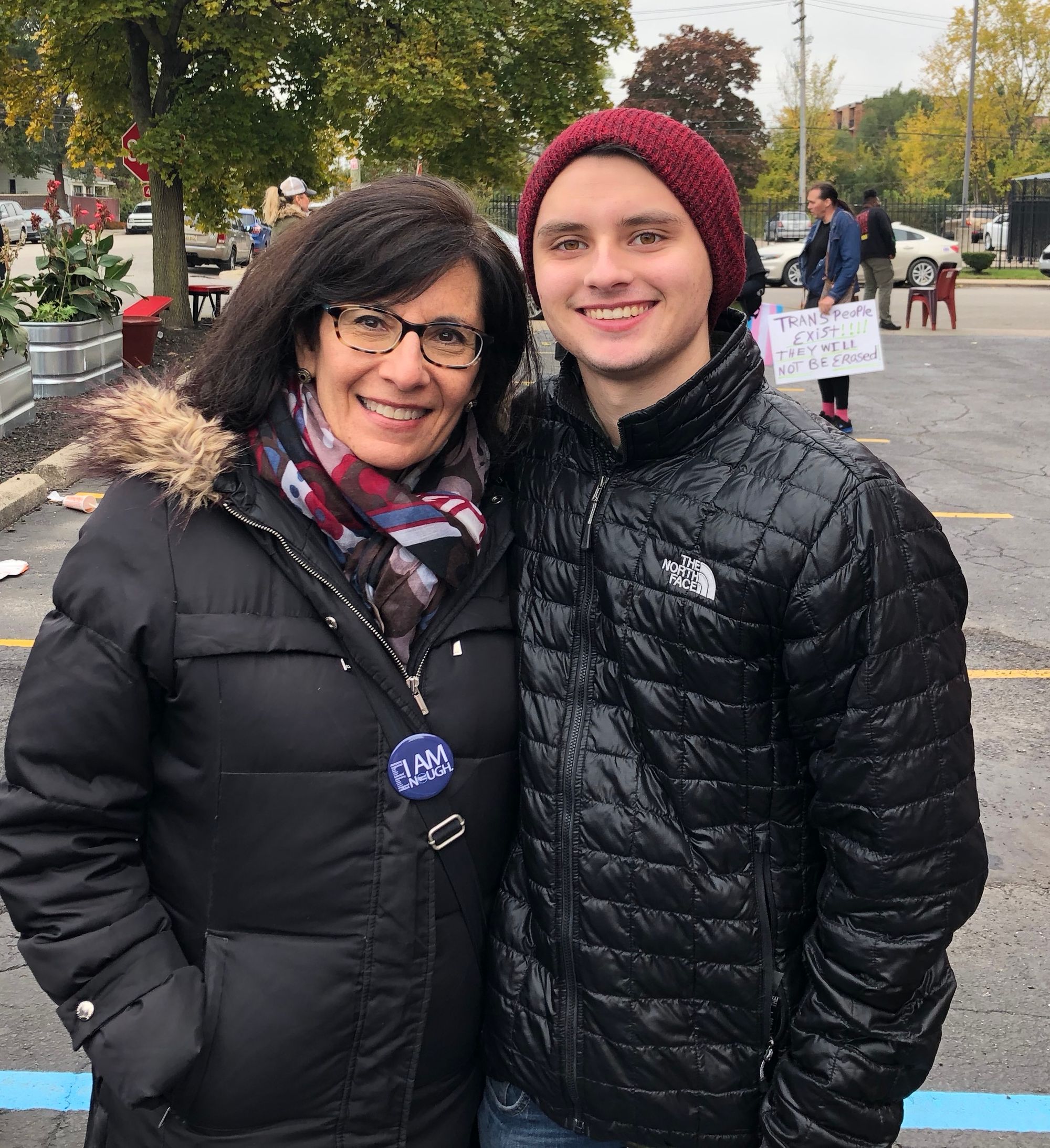
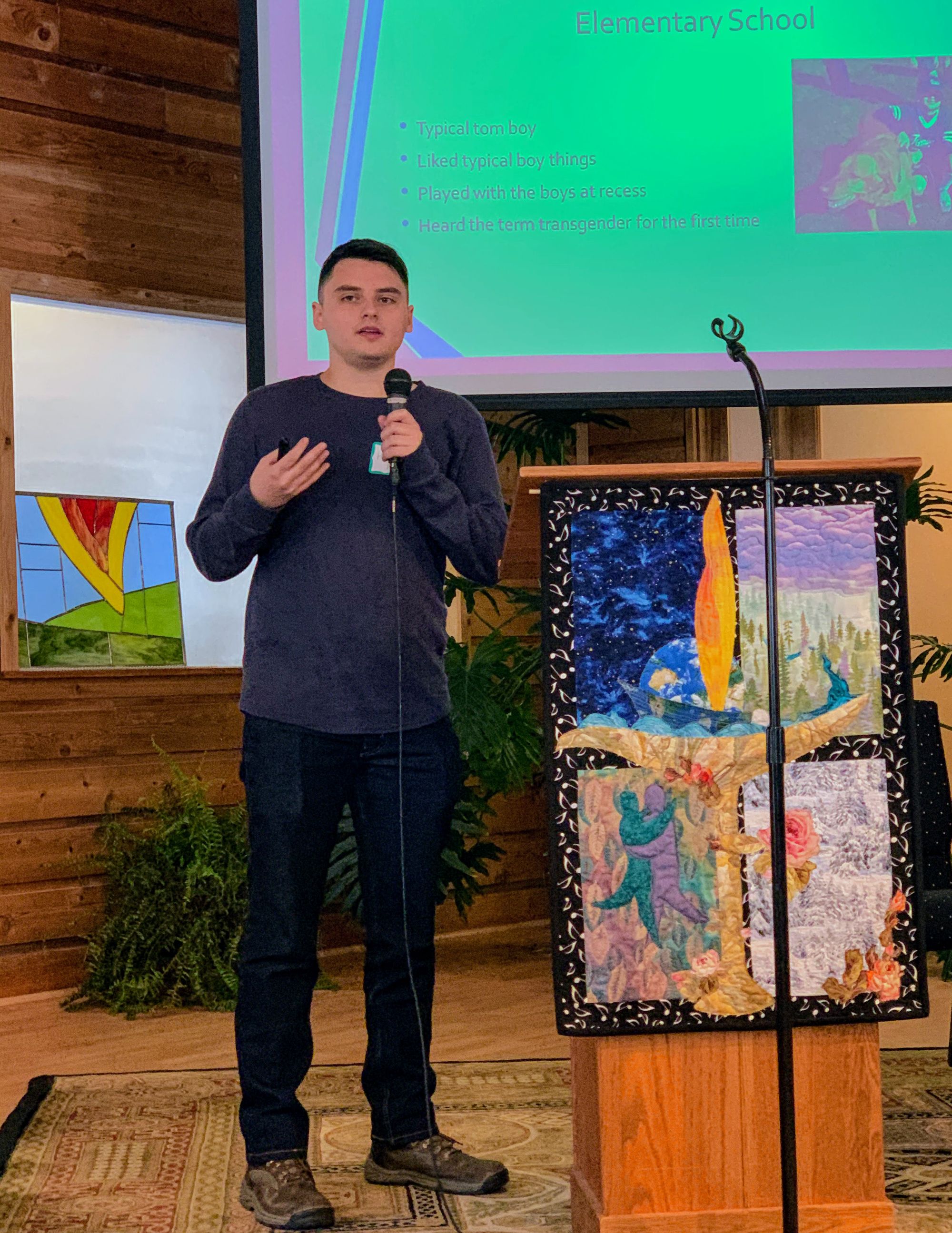
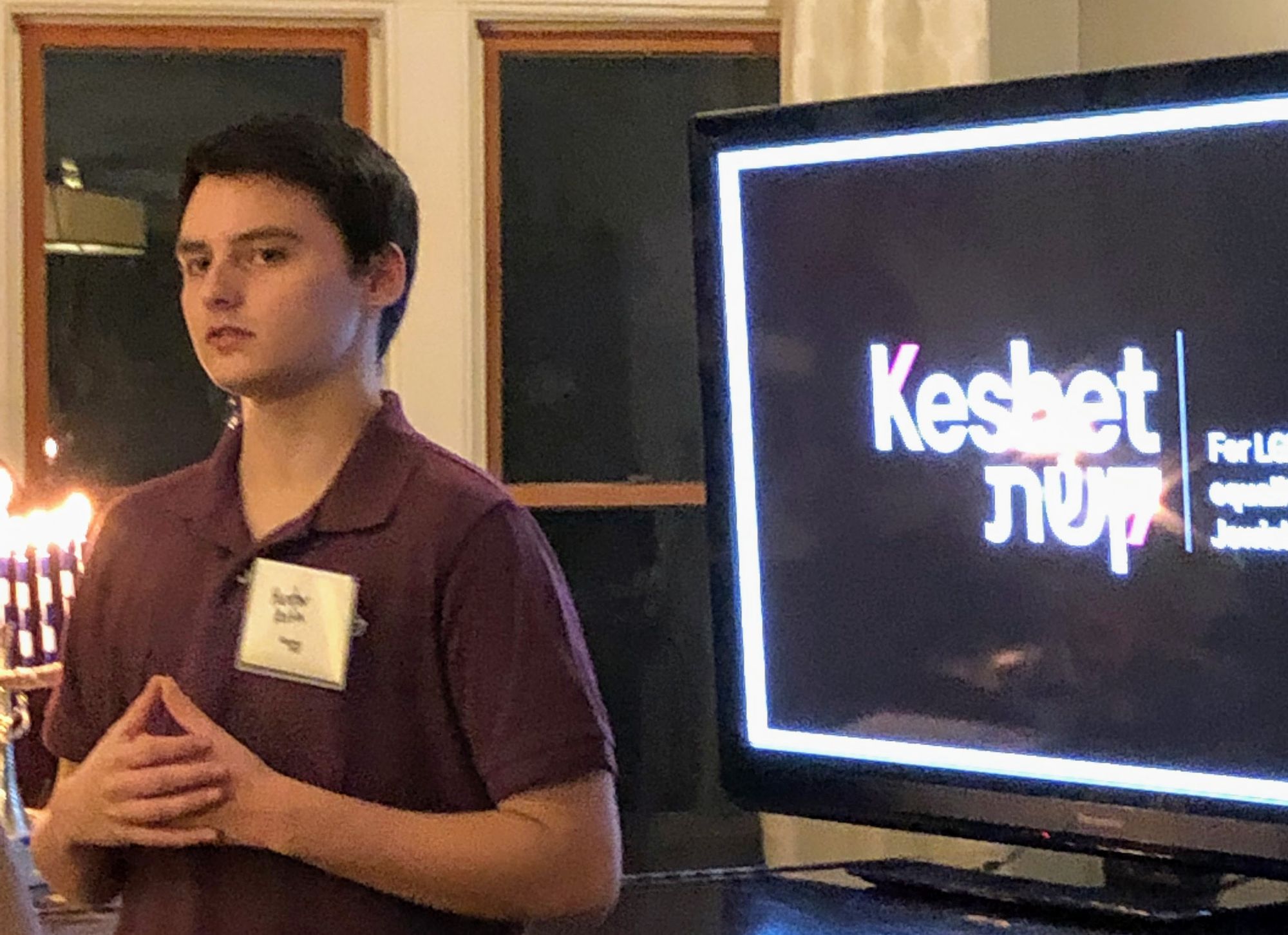
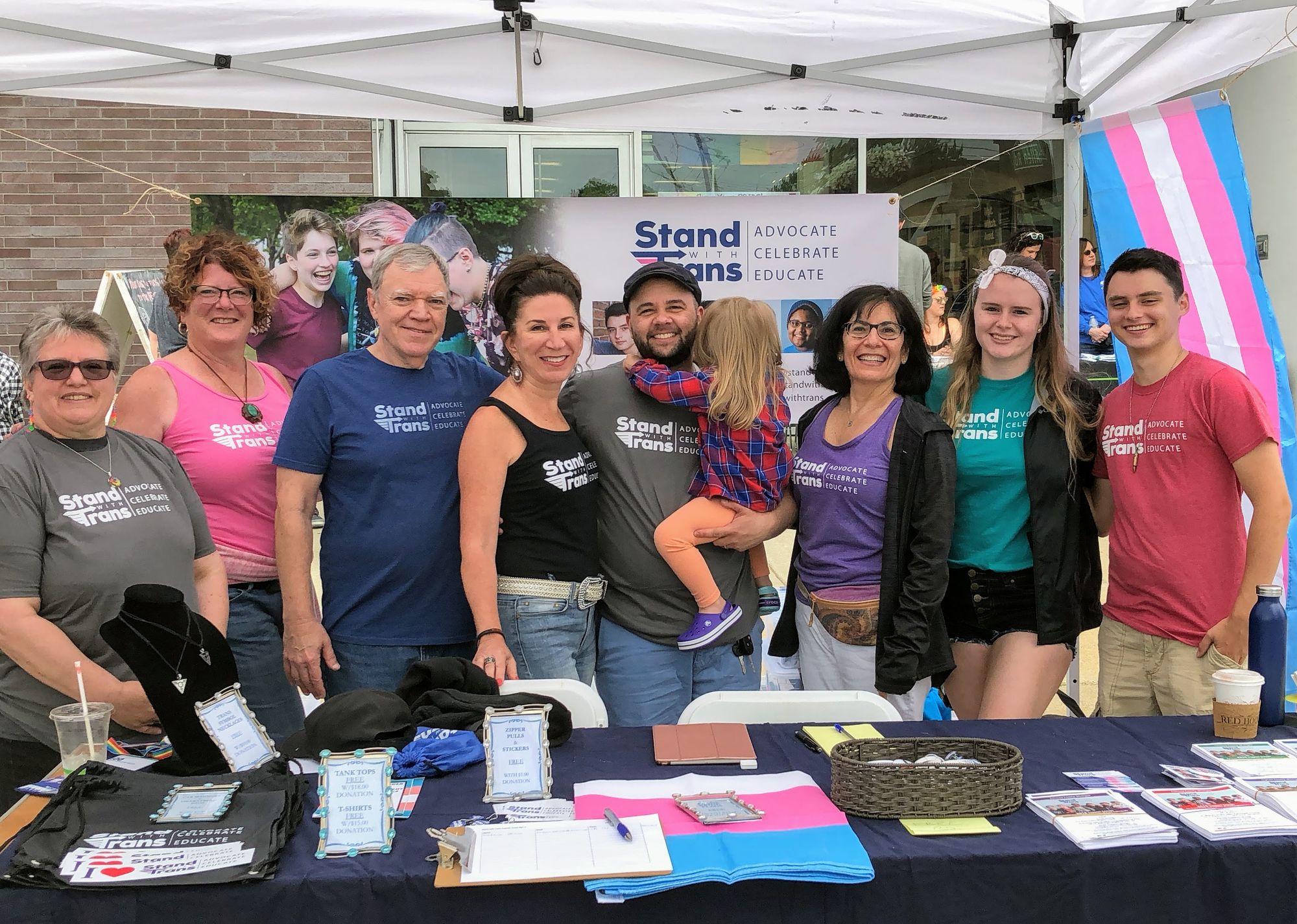
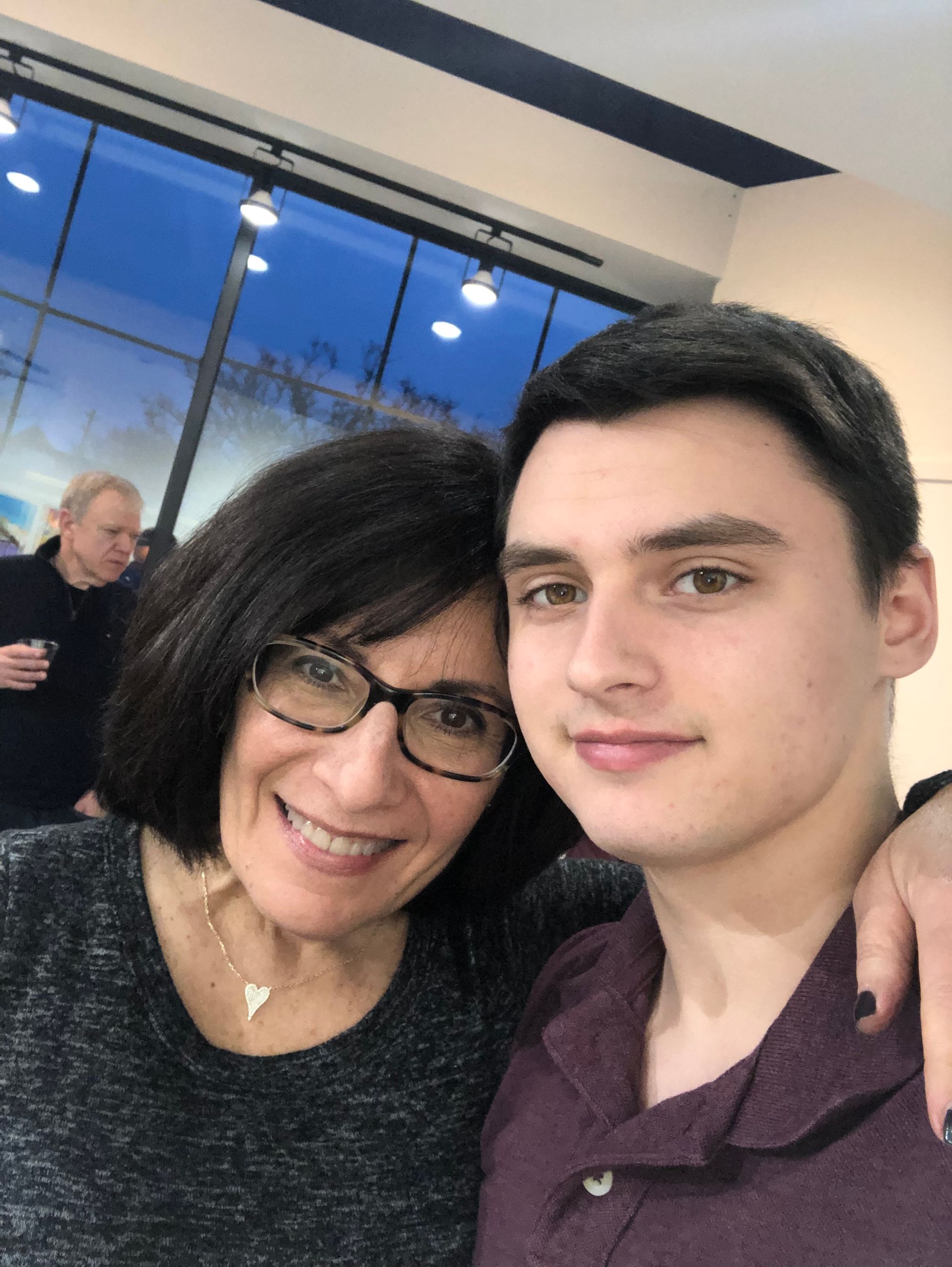
Comments
Sign in or become a Nu?Detroit member to join the conversation.
Just enter your email below to get a log in link.